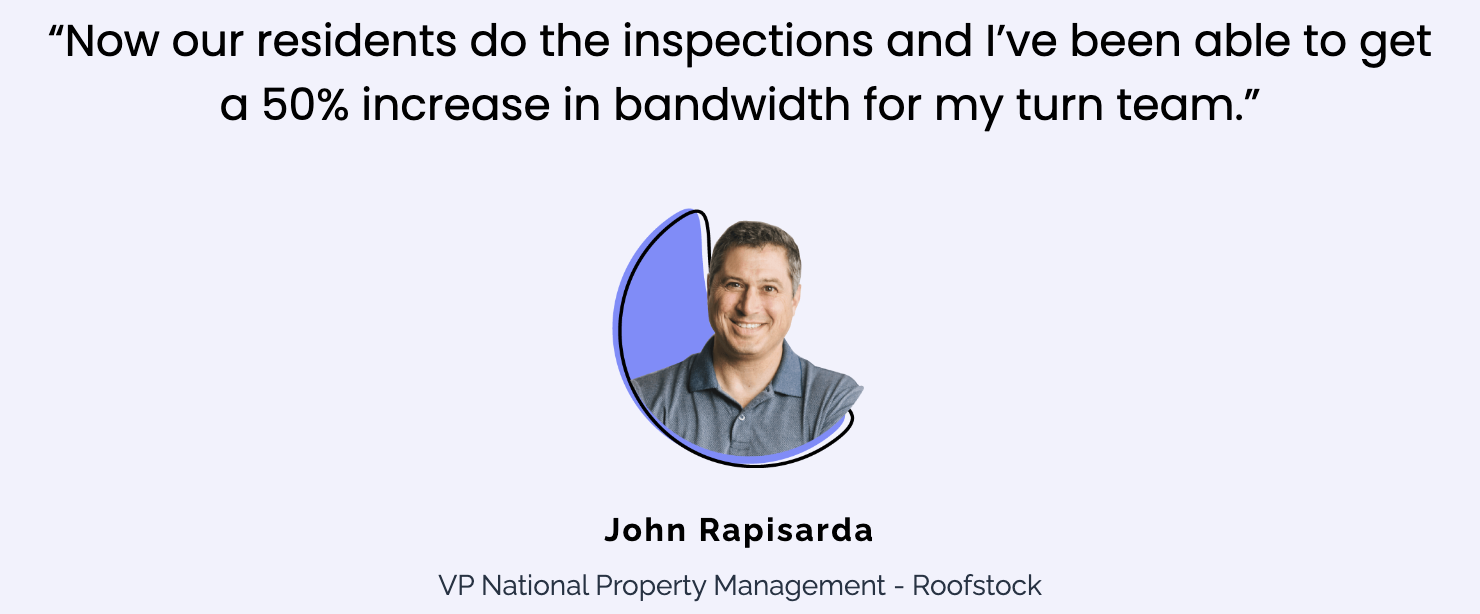Are you protected when it comes to paying your employees and independent contractors? Recent legal challenges in California drawn from case law in Connecticut may open up the real estate profession to employment questions around independent contractors. In this article, we also review the laws around overtime and on-site managers in California. These decisions may have an impact far beyond California.
What happened in California?
In April earlier this year, the California Supreme Court issued a decision on Dynamex Operations West, Inc. v. Superior Court of Los Angeles. This decision established a few important precedents and could have an impact on the real estate industry.
Here are the key precedents:
- It established that all workers in California are presumed to be employees until proven otherwise. This means unless you are certain your workers are independent contractors, you are liable for taxes, benefits, sick time, and more.
- It eliminated the previous “Borello test” for determining if a worker was in independent contractor. (note: California’s Department of Industrial Relations’ website is out of date at the time of this writing and still relies on the Borello test in its FAQ–this is why it is so important to consult a lawyer!)
- It established a new “ABC test”. What is the ABC Test? The Labor Employment Law Blog summarizes is as follows:
“(A) that the worker is free from the control and direction of the hiring entity in connection with the performance of the work, both under the contract for the performance of the work and in fact;
(B) that the worker performs work that is outside the usual course of the hiring entity’s business; and
(C) that the worker is customarily engaged in an independently established trade, occupation, or business of the same nature as the work performed”
In the case of the Dynamex decision, the California Supreme Court ruled that delivery driver work was indeed inside the usual course of business for a delivery company.
What Does This Mean For Your Business?
Regardless of whether or not you are a California employer, you should protect yourself. The California decision drew from Connecticut case law and could feasibly be used to motivate lawsuits in other states.
The most interesting and potentially litigious aspect of this decision is whether or not the Independent Contractor’s work is supervised or controlled. If you have independent contractors (and most real estate offices have independent contractor agents), this ruling would prohibit you from supervising them as they perform their work. Brokers, however, are required to supervise their agents by law. This can put you in a delicate situation as a broker or business owner.
What can you do to protect yourself with Independent Contractors?
First, consider the ABC test when hiring independent contractors. You should always consult a lawyer when making hiring and contracting decisions. Many aspects of the ABC test apply to jurisdictions beyond California. And with the increase in “gig economy” workers, many other states are tightening their independent contractor definitions. Ignore these changes at your own peril.
Second, have an arbitration agreement in your independent contractor agreement. Templates are readily available online (you should always consult a lawyer). The Supreme Court recently ruled that employers are allowed to have arbitration agreements in their employment contracts (Epic Systems Corp. v. Lewis). This decides the issue for employees, but does not cover independent contractors. The Supreme Court is set to hear arguments for a case regarding arbitration clauses on October 3, 2018 (New Prime Inc. v. Oliveira; note: this applies specifically to the transportation industry). Arbitration agreements with other businesses and consumers are fairly common and have been upheld by the Supreme Court in the past.
What about overtime for property managers?
At Latchel, many of our clients have come to us because they were concerned about overtime and labor laws affecting their property managers. In California, for example, there are complex laws around employment, wages, and overtime for property managers. Running afoul of labor laws can be extremely costly for your business. These liabilities extend well beyond California.
What are the laws around on-site managers in California?
Do your on-site managers take after-hours maintenance calls? Are you compensating your on-site managers appropriately? The laws can be very complex if you employ 26 or more people.
Some key points to keep in mind:
- Your on-site managers must be employees. This means they are owed sick time, vacation, tax deductions, benefits, etc.
- They must be paid at least minimum wage for time worked (this can range from $10.50 – $15.00/hr+).
- You can only deduct $593.05 from wages per month if you employ a single manager ($877.26 if you employ a couple living in the same unit). This means if your local minimum wage is $11/hr, you MUST cut a check to your on-site manager if they work more than 54 hours in a month. That’s less than 13 hours of work per week. (note: you can only deduct up to 2/3rds of the rental value, so if you are employing a couple in an apartment renting for $1300/month, you must deduct less)
- If the resident is on-site, the maximum RENT you can charge is $593.05 (or $877.26 if you are employing a couple). There is an exemption for this as long as the wage payments and rent payments are made using separate checks. In other words, you must still pay your on-site managers their wages and then they must submit a separate rent check. The total rent is still limited to 2/3rds of the market rate.
- Compensated time does NOT include all “on-call” time (e.g. 24 hours a day for many property managers), only the time actively spent engaged in duties, such as overseeing handyman work or showing units. All of this time must be compensated (see Von Nothdurft v. Steck).
- It is the responsibility of the company to track the employee’s time.
What about salaried property managers?
Many employers mistakenly believe that because an employee is salaried they are exempt from overtime laws. This is not true. Exempt vs. non-exempt classifications are what matter.
Currently, property managers who are paid more than $455/week ($23,660/year) do fall under exempt employees, provided that they meet the requirements for administrative employees. The $455/week applies, even if the property manager does not work full time. This means your 30/hr/week part-time property manager needs to be earning at least $15.17/hr.
However, in May 2016, the Department of Labor increased this threshold to $913/week. This was challenged in court and ultimately struck down (see Nevada v. US Department of Labor) because the Texas Federal Court of Appeals found this threshold to be too high. The Department of Labor is currently evaluating the appropriate minimum salary level, which may affect many property manager employees.
It is important to remember that the above only applies to federal laws. State and local laws may be more restrictive. For example in California, exempt employees must be paid at least twice the state minimum wage.
What if none of these apply to me?
Suppose you are protected from all of the above: all of your property managers are employees. All of them are exempt employees being compensated appropriately with high salaries. Why should you care about how much they have to work after hours?
Hult International Business school produced an incredibly well-researched infographic on the costs of sleep deprivation on productivity. Their research suggests the average organization loses $2,280/year per sleep deprived employee in lost productivity.
Sleep deprivation greatly reduces the following cognitive functions:
- Understanding and communicating in dynamic, rapidly changing environments (like property management!)
- Assessing risk and anticipating consequences (what are property managers if not risk managers?
- Coming up with creative solutions to problems (is your organization facing the same problems year after year?)
- Multi-tasking and decision making (what property manager is not constantly multi-tasking?)
- Emotional intelligence, empathy, and self-awareness (are sleep deprived people pleasant to be around?)
Want to free yourself and your employees to be more productive? Want to reduce the risk your business faces? Schedule a free consultation with one of Latchel’s experts to see if we can help you be more productive, effective, and profitable.
This blog was not written by a lawyer and does not provide legal advice. If you need legal advice, please contact a reputable attorney.















